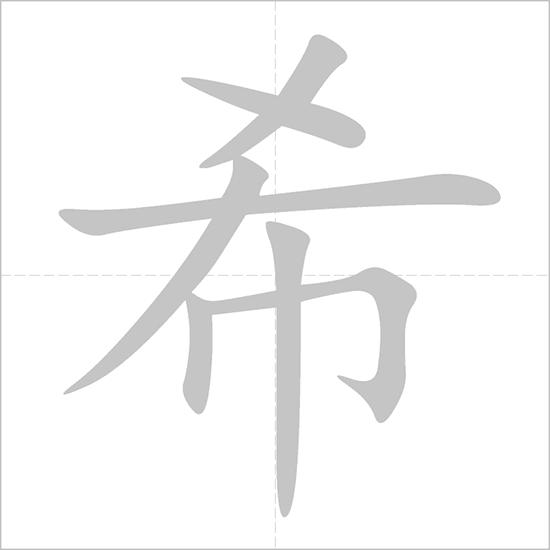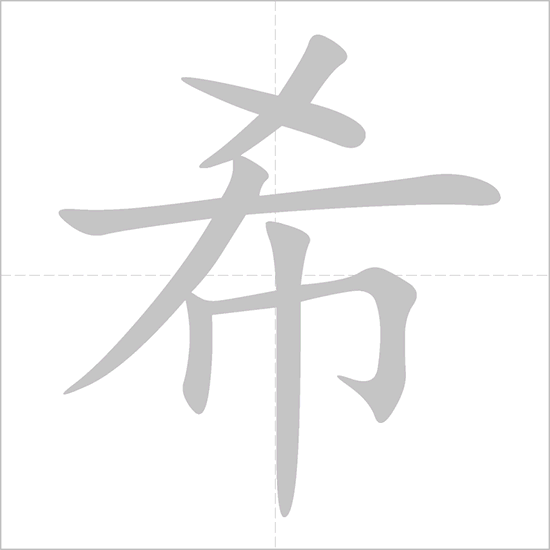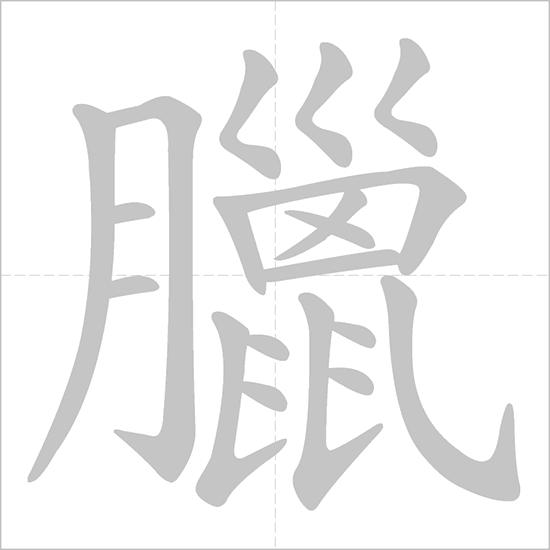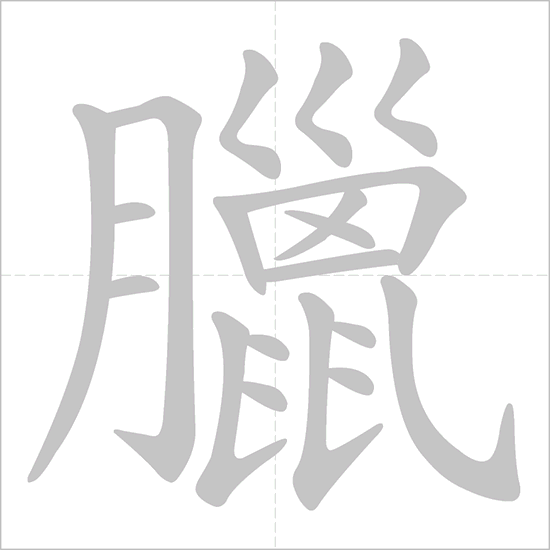Showing Results in:
- ENGLISH
- SEE TRADITIONAL
- SEE CANTONESE
-
Tone
Phonetics: Tone colors (āáǎàa):
Recent Searches:
Learn more about 希臘
- Written Chinese
- Dictionary
- "希臘" Character Details
| Pinyin | Yale | Jyutping | English Definition for Chinese Text |
|---|---|---|---|
| hei1 laap6, sik1 | hei1 laap6, sik1 | Greece |
| Traditional Chinese | Pinyin | Yale | Jyutping | English Definition for Chinese Text |
|---|---|---|---|---|
| hei1 | hei1 | to hope / to admire / variant of 稀[xi1] | ||
| laap6, sik1 | laap6, sik1 | 12th lunar month / preserved (meat, fish etc) |
How do you remember 希臘 ?
Post your photos, example sentences and daily homework here to share with the Chinese learning community.
How to use 希臘 in a Sentence
The Greek Islands are lovely in springtime.
The Greeks treated women as subhuman.
The news of their coming was carried to every part of Greece.
And so the Greek cities showed immense powers of absorption.
Necessity, says the Greeks, compels the gods.
- 人 rén
- 們 men
- 知 zhī
- 道 dào
- 衝 chōng
- 破 pò
- 希 xī
- 臘 là
- 人 rén
- 的 de
- 堤 dī
- 防 fáng
- 是 shì
- 如 rú
- 何 hé
- 重 zhòng
- 要 yào
- 的 de
- . .
One sees how important it was that the Greek barriers be stormed.
- 希 xī
- 臘 là
- 和 hé
- 羅 luó
- 馬 mǎ
- 的 de
- 詩 shī
- 人 rén
- 從 cóng
- 不 bù
- 厭 yàn
- 倦 juàn
- 於 yú
- 歌 gē
- 頌 sòng
- 這 zhè
- 位 wèi
- 愛 ài
- 神 shén
- . .
The poets of Greece and Rome never tired of singing the praises of the love goddess.
- 《 《
- 伊 yī
- 利 lì
- 亞 yà
- 特 tè
- 》 》
- 里 lǐ
- 的 de
- 早 zǎo
- 期 qī
- 希 xī
- 臘 là
- 人 rén
- 是 shì
- 剛 gāng
- 強 qiáng
- 的 de
- 戰 zhàn
- 士 shì
- . .
These early Greeks of the " Iliad " are sturdy fighters.
- 接 jiē
- 下 xià
- 來 lái
- 他 tā
- 參 cān
- 加 jiā
- 攻 gōng
- 打 dǎ
- 希 xī
- 臘 là
- 科 kē
- 林 lín
- 斯 sī
- 運 yùn
- 河 hé
- 的 de
- 戰 zhàn
- 鬥 dòu
- . .
- 不 bù
- 久 jiǔ
- , ,
- 又 yòu
- 到 dào
- 了 le
- 另 lìng
- 一 yī
- 個 gè
- 倒 dǎo
- 霉 méi
- 的 de
- 地 dì
- 方 fāng
- . .
Greece came next -- the Corinth Canal, and then a new kind of hell.
- 英 yīng
- 語 yǔ
- t t
- e e
- l l
- e e
- v v
- i i
- s s
- i i
- o o
- n n
- 是 shì
- 個 gè
- 語 yǔ
- 源 yuán
- 混 hùn
- 雜 zá
- 的 de
- 詞 cí
- , ,
- 因 yīn
- 為 wéi
- t t
- e e
- l l
- e e
- 來 lái
- 自 zì
- 希 xī
- 臘 là
- 文 wén
- , ,
- v v
- i i
- s s
- i i
- o o
- n n
- 來 lái
- 自 zì
- 拉 lā
- 丁 dīng
- 文 wén
- . .
The English word " television " is a mongrel because " tele " comes from Greek and " vision " from Latin.
- Chinese Characters with 1 Stroke
- Chinese Characters with 2 Strokes
- Chinese Characters with 3 Strokes
- Chinese Characters with 4 Strokes
- Chinese Characters with 5 Strokes
- Chinese Characters with 6 Strokes
- Chinese Characters with 7 Strokes
- Chinese Characters with 8 Strokes
- Chinese Characters with 9 Strokes
- Chinese Characters with 10 Strokes
- Chinese Characters with 11 Strokes
- Chinese Characters with 12 Strokes
- Chinese Characters with 13 Strokes
- Chinese Characters with 14 Strokes
- Chinese Characters with 15 Strokes
- Chinese Characters with 16 Strokes
- Chinese Characters with 17 Strokes
- Chinese Characters with 18 Strokes
- Chinese Characters with 19 Strokes
- Chinese Characters with 20 Strokes
- Chinese Characters with 21 Strokes
- Chinese Characters with 22 Strokes
- Chinese Characters with 23 Strokes
- Chinese Characters with 24 Strokes
- Chinese Characters with 25 Strokes
- Chinese Characters with 26 Strokes
- Chinese Characters with 27 Strokes



